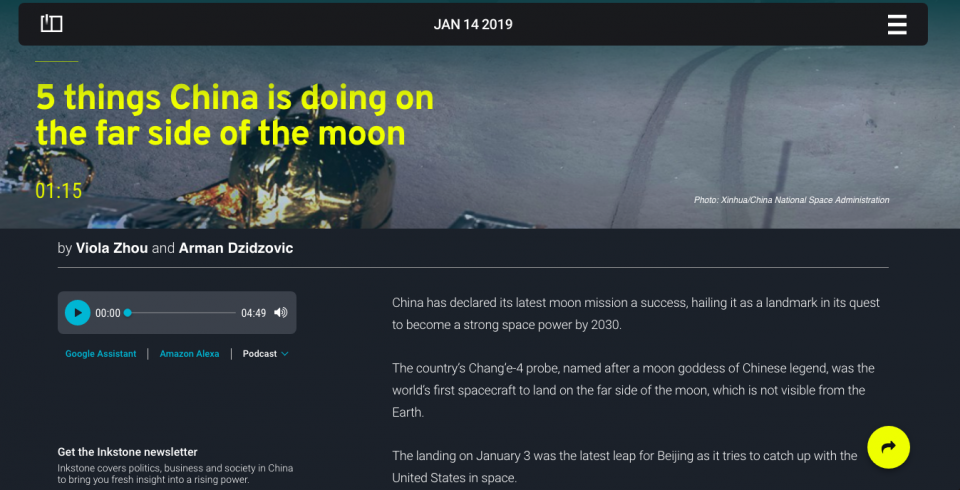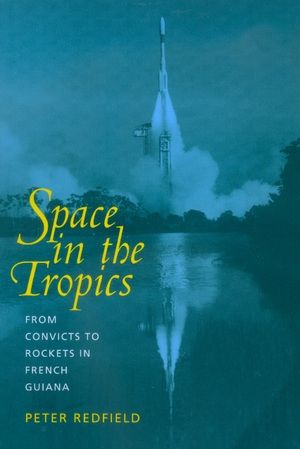Most of the research on outer space showcased in this exhibition is concerned with discourses and practices happening in Europe and North America. Although to a great extent these projects are sensitive to transnational issues such as postcolonial politics (see, for instance, Michael Clormann on Guiana’s spaceport), extractive capitalism, and Trump-era geopolitics, attention to geographical contexts beyond the Euro-American world is needed if social studies of outer space aspire to become a comprehensive field. China’s ambitious lunar program as well as the proliferation of space agencies in Africa and the Middle East are but two examples of topics that remain understudied.


Classic exceptions to this EuroAmerican-centrism are, most notably, Peter Redfield’s Space in the Tropics (University of California Press, 2000) and Asif Siddiqi’s Red Rocket’s Glare (Cambridge University Press, 2010). Some of the research projects by members of the Social Studies of Outer Space Network also challenge this trend, shedding light on different geographies and their relation to the cosmos. In particular, Lauren Reid (a PhD candidate in Social and Cultural Anthropology at the Freie Universität in Berlin) is writing her dissertation on cosmic imaginaries in Thailand, https://lauren-reid.com/Research ); Denis Sivkov, lecturer at the Institute for Social Sciences of the Russian Presidential Academy of National Economy and Public Administration currently does ethnographic research with amateur cosmonauts in Russia (https://sas.utmn.ru/en/denis-sivkov-en/ ).